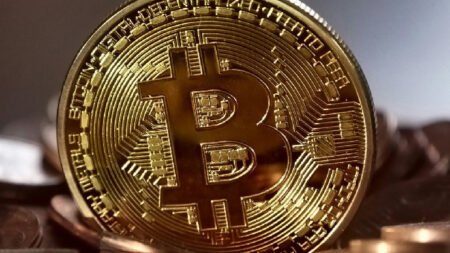El Salvador is on the brink of securing a $1.3 billion loan from the International Monetary Fund (IMF), with some changes planned for its Bitcoin approach. According to sources close to the matter, the country is nearing an agreement with the IMF that would require modifications to its Bitcoin legal tender law and deficit reductions.
One of the proposed changes includes making it optional for businesses to accept Bitcoin as payment, rather than mandatory. Additionally, the government plans to reduce its budget deficit by 3.5% of GDP over the next three years through a combination of spending cuts and tax increases. It also aims to boost reserves from $11 billion to $15 billion.
The agreement, which could be finalized within two to three weeks, has the potential to unlock an additional $2 billion in lending from the World Bank and Inter-American Development Bank over the coming years. Since becoming the first country to recognize Bitcoin as legal tender, El Salvador has faced warnings from the IMF about the financial risks involved, particularly regarding financial stability, integrity, and consumer protection.
The IMF has recently advised El Salvador to narrow the scope of its Bitcoin law by enhancing regulatory oversight and reducing public sector exposure to cryptocurrency. This adjustment is part of the IMF’s strategy to strengthen macroeconomic stability and foster sustainable growth in the country. President Nayib Bukele, who has been a vocal proponent of Bitcoin and was recently re-elected with a significant majority, is leading the country’s efforts to advance its pro-Bitcoin agenda.
Despite the government’s enthusiasm for Bitcoin, most Salvadorans still prefer to use the US dollar for daily transactions. However, with Bitcoin reaching new highs and the government’s Bitcoin reserves seeing a significant increase, El Salvador remains committed to its vision of embracing the cryptocurrency. The potential agreement with the IMF signals a significant step towards financial stability and growth for the country.



















